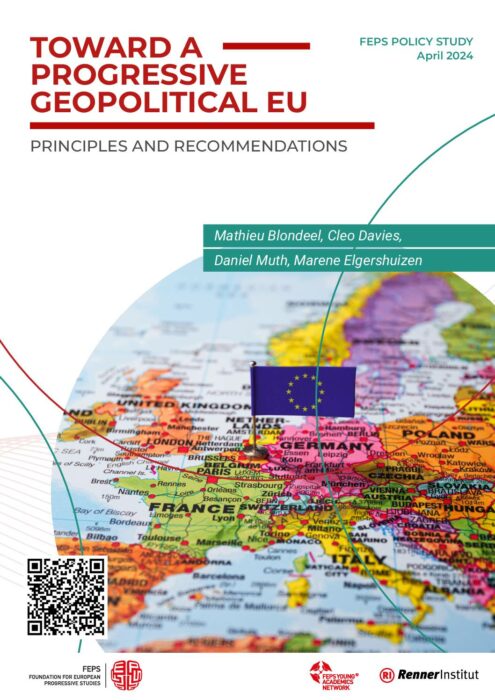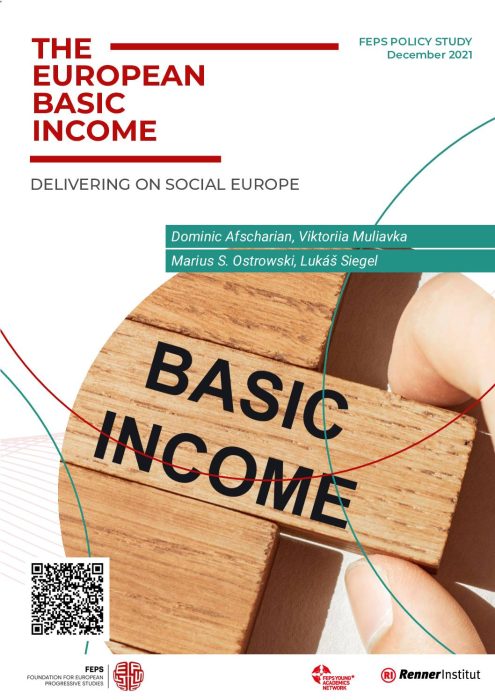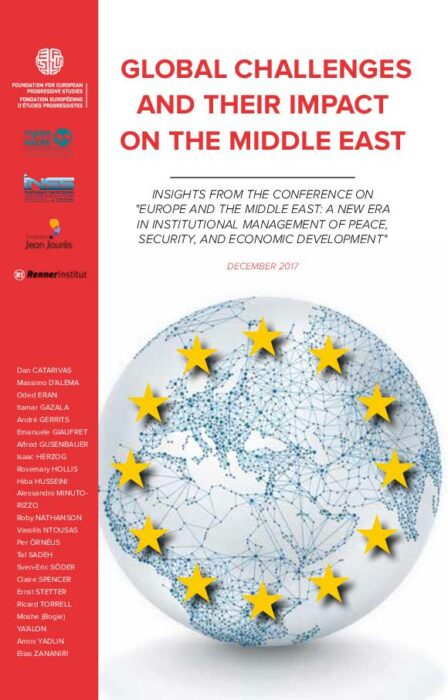Postdoc researcher at the the Institute for Environmental Studies (IVM) at Vrije Universiteit Amsterdam
Dr Dániel Muth has recently finished his PhD in Public Policy at Central
European University, Vienna. He is a junior fellow at the Institute
of World Economics, Centre for Economic and Regional Studies,
Budapest. In April 2024 he is joining the Institute for Environmental
Studies (IVM) at Vrije Universiteit Amsterdam as postdoc researcher.
His research primarily focuses on the political economy of global
carbon-pricing mechanisms.
Principles and recommendations
In the face of a rapidly evolving geopolitical landscape, marked by global tensions and environmental challenges, this report outlines the evolution of the EU towards a geopolitical union. With the 2024 European elections approaching, the report proposes principles, which, taken together, provide for a dynamic, applicable framework that serves as a basis for practical engagement and policy formulation in fostering a progressive EU geopolitics.
Political Mentor: Andreas Schieder, S&D MEP and Co Chair of Global Progressive Forum
Academic Mentor: Dimitris Tsarouhas. Professor of International Affairs. Global Fellow, The Woodrow Wilson Center for International Scholars
Senior Research Fellow at University of Warwick, UK.
Postdoc researcher at the the Institute for Environmental Studies (IVM) at Vrije Universiteit Amsterdam
Elected delegate to the Party of European Socialists and Vice-President of Rainbow Rose
Assistant Professor of Global Energy and Climate Politics in the Institute for Environmental Studies (IVM)


